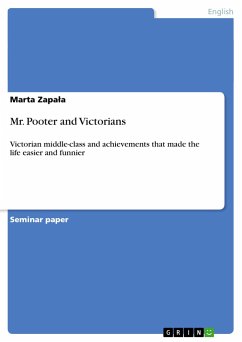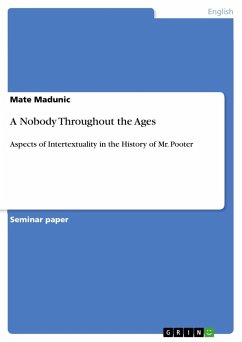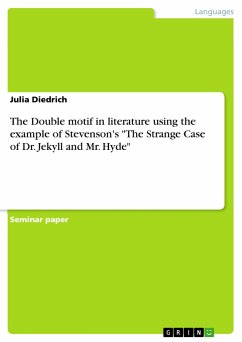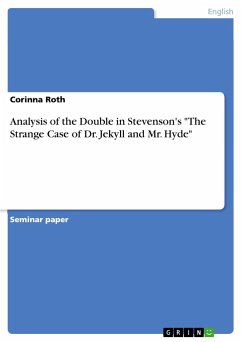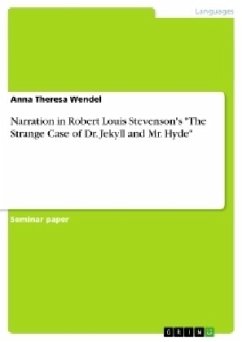Seminar paper from the year 2009 in the subject English Language and Literature Studies - Literature, , language: English, abstract: The Diary of a Nobody, the object of the examination of this work, is a fictitious story of a clerk living in London in the 1880's, written by George Grossmith. It is the record of fifteen months in the life of Mr. Charles Pooter presented in a form of a diary. Every entry of the dairy is packed with details of trivial moments of his life and as the reviewer for The New York Times wrote, the book consists of "the small triumphs and minor humiliations and homely pleasures of everyday life as lived in a lower-middle-class household in the late Victorian era."The representation of the English lower middle class as either devoid of heroism or pathetic is unfortunate but not entirely surprising. Indeed these two characteristics are rather famously combined in the figure of the eponymous Mr. Pooter, master of The Laurels, Brickfield Terrace, Holloway. As Hosgood claims: "George and Weedon Grossmith The Diary of a Nobody has rightly become one of the minor classics of Victorian fiction, and no historian can avoid the comic glow it casts over any interpretation of suburban life."Whether one has studied the Victorian age at school or not, he or she must have some knowledge of it. School studies tend to focus either on the political activities of such persona as Disraeli and Gladstone, with addition of the failure of the Chartists, and rarely extend beyond 1885. Sometimes schools provide bored learners with in-depth analysis of the factory system horrors and the inadequacies of public health and hygiene.Moreover, among some adults, Victorianism is synonymous with the exploitation of the working class and the evils (or, increasingly of late, the absurdities) of Imperialism. Others see it mainly as a period of religious hypocrisy and cruelty to children. According to Mitchell:Many of us have vivid mental pictures of Victorian England: a Charles Dickens Christmas with a large, happy family surrounding a table crammed with food; the dark and terrifying slums in other Dickens novels; Sherlock Holmes in London by gaslight; timeless country estates where laborers nodded in deference to the squire while ladies paid social calls and talked about marriage. In addition, "Victorianism" remains a living concept in social and political debates, although its meanings are contradictory: it is used to describe exploitation and class division, sexual repression, hypocrisy, values of hard work and self-help, moral certain¬ties about family life, and a [...]

